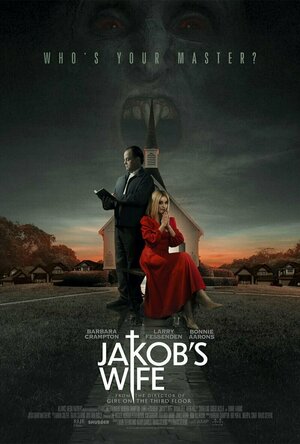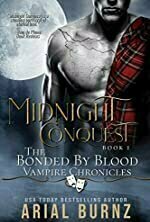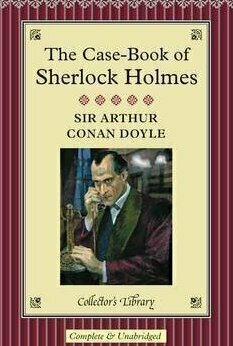LeftSideCut (3776 KP) rated Jakob's Wife (2021) in Movies
Sep 18, 2021
Jakob's Wife has a lot going for it. It has a well paced and intriguing premise, snappy dialogue, sympathetic characters, over the top and hard hitting gore (seriously springs out of nowhere and caught me off guard), decent creature designs, a good soundtrack, and the aforentioned lead actors (although, Crampton expectedly and completely steals the show)
My main criticisms mainly come from what feels like a confused identity. There's some good humour sprinkled throughout, and some genuinely funny moments, but it does feel at odds with otherwise serious tone on display. A minor gripe, but one that's noticeable (a statement that also applies to the awful cgi rats in that one scene)
Overall, Jakob's Wife is an entertaining splatter fest that should appeal to any horror fan - don't sleep on it!
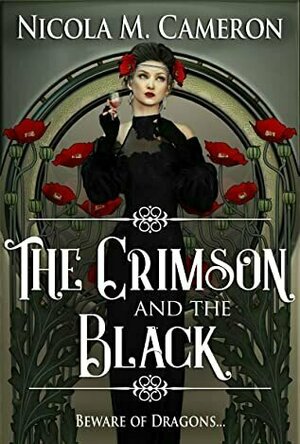
The Crimson and the Black (Hidden Empire #2)
Book
Beware of dragons... Being a rich, beautiful vampire in Victorian England isn't all it's cracked...
Historical Paranormal Romance
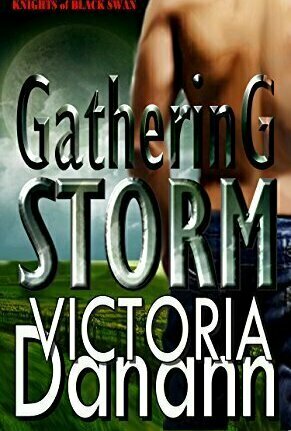
Gathering Storm (Knights of Black Swan #5)
Book
The demon Deliverance accidentally lost Storm in another dimension, but doesn't know which one....
Paranormal Romance Series
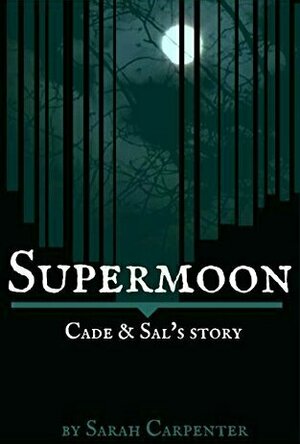
Supermoon: Cade & Sal's Story (The Dark Cities Trilogy #1)
Book
In this story of fear and forgiveness, a crazed vampire murders the world's leader on live...
Paranormal Romance
Merissa (13619 KP) rated Midnight Conquest (Bonded By Blood Vampire Chronicles #1) in Books
May 30, 2023
This story tells the tale of Broderick and Davina, how they meet, what impact on each others' lives they have or will have, tells of the fears they fight, and the enemies who plot against them. There will be an overall story arc running through this series, as the epilogue tells us when Cordelia once again makes an appearance.
With an engaging storyline, excellent world and character building, plus a smoothly paced plot that builds to a thrilling climax, this story is a wonderful start that nonetheless will leave you wanting to know more. Definitely recommended.
* Verified Purchase on Amazon *
Merissa
Archaeolibrarian - I Dig Good Books!
Mar 21, 2016

Journey Man (Knights of Black Swan #9)
Book
For five years Glendennon Catch had knocked around the globe as a floater, filling in wherever a...
Adult Paranormal Romance
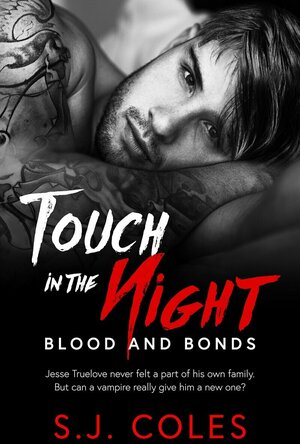
Touch in the Night (Blood and Bonds #1)
Book
With a criminal record, no steady job and a penchant for kink, Jesse Truelove has spent most of his...
BDSM Contemporary Paranormal Romance MM
David McK (3676 KP) rated The Casebook of Sherlock Holmes (Sherlock Holmes #9) in Books
May 12, 2024
The final entry in Arthur Conan Doyle's Sherlock Holmes canon, which - again - I experienced through a mixture of reading and listening to the Stephen Fry narrated Audible version, and which is also really once again a collection of short stories rather than a single over-arching narrative.
What is unique in this collection, though, is that some of the stories are presented as Holmes himself delivering the narrative, rather than Watson acting as the biographer.
I also noticed - perhaps reflecting the nature of the time in which they were written, and Doyle's own interests - that there are more of the, shall we say, supernatural elements in the case chosen ("The adventure of the Sussex Vampire" springs to mind, for example) although - in all cases - the supernatural elements are later debunked by Holmes himself.
As a whole? I thoroughly enjoyed my time in the company of Holmes and Watson.
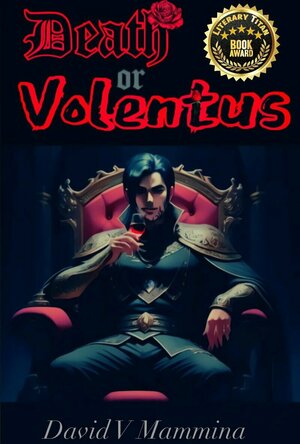
Death or Volentus
Book
Volentus is a necromancer gifted with the ability to raise the dead and command them to do his...
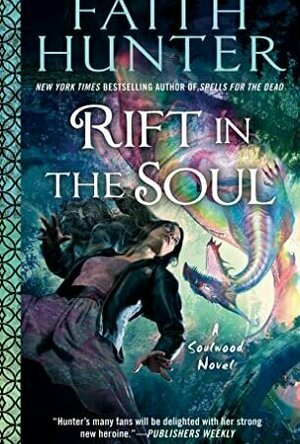
Rift in the Soul (Soulwood #6)
Book
Nell Ingram and her team face a dire, supernatural evil in this newest thrilling paranormal...
Urban Fantasy Romance Ghosts Magic Angels
